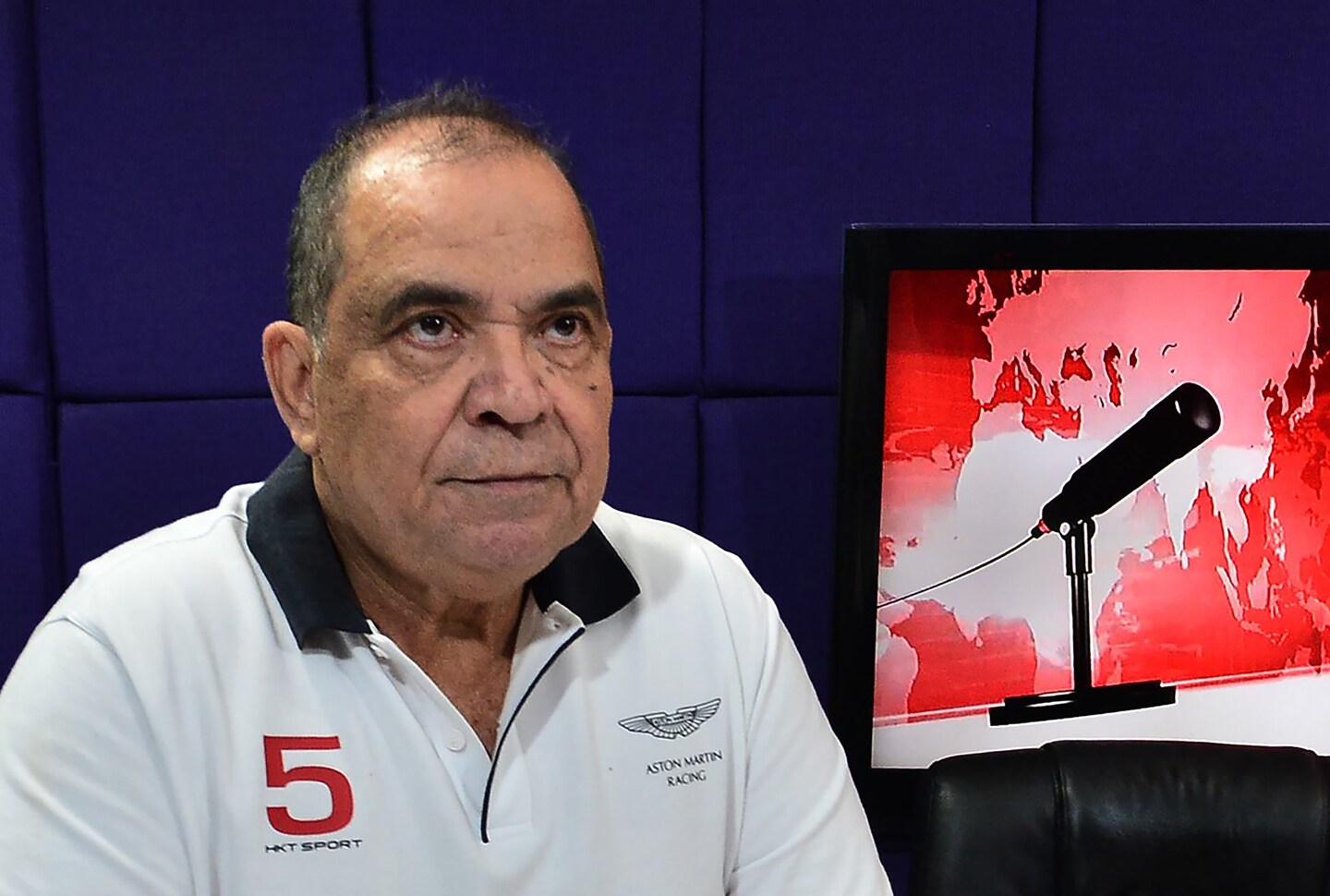The newest way to silence journalists: Jail them during a pandemic

Their avoidable deaths drive home the point that no other event or political trend in recent memory has been more destructive to press freedom than the covid-19 pandemic.
Keeping journalists in prison or arresting them for covering current events has radically different implications in the current health crisis. Detainees are far more likely to get ill or even die due to a lack of adequate care.
Monir was charged with spreading fake news in an appearance he made on Al Jazeera criticizing the Sissi government’s handling of the coronavirus pandemic. The 65-year-old reporter contracted the virus in pretrial detention and died on July 13.
At least 10 journalists have been arrested in Egypt since the pandemic began.
Askarov, an ethnic Uzbek, had been in prison for 10 years when he died July 25. He was arrested in June 2010 for his coverage of civil conflicts in southern Kyrgyzstan, and had spent years reporting on corruption within the law enforcement apparatus. In 2016, the United Nations Commission on Human Rights found that Askarov was being arbitrarily detained on political grounds. But that didn’t deter the government from keeping him in detention despite failing health.
At the time of his death, Askarov had been moved to a notorious prison near Bishkek, the capital, where he was also denied adequate medical care. While the Kyrgyzstan authorities have not officially confirmed that covid-19 was the cause of death, Askarov’s wife and other observers say there’s little doubt.
Romero was an investigative journalist who exposed fraud at the highest level of government in 2015. He caught President Juan Orlando Hernández funneling public funds from the national social security system to his own election campaign.
“I know they can kill me, and if that happens, the person responsible is the president,” Romero reportedly said at the time of his arrest in 2019.
Defamation, the charge for which Romero was serving a 10-year sentence when he died, was decriminalized earlier this year. He should have been released.
Following Romero’s death, Honduras’s former president Manuel Zelaya called it a murder carried out by the Hernández regime. “The order was given that he serve an unfair sentence and to not take him out of prison until he had caught covid-19,” Zelaya said.
It is disgraceful that the craven and opportunistic powers that jailed these reporters would keep them behind bars knowing that doing so sharply increased the risk that they might contract the disease. The authorities simply let the virus do their dirty work for them.
In the early days of the covid-19 era, activists warned that governments might use the pandemic to restrict journalists’ ability to report on the extent of the virus’s spread and efforts to slow it.
Generally, though, a public health crisis demanding a unified global response has instead become a boon to political opportunists. At a time when journalists should be treated as essential workers, providing critical information that could promote the health and safety of entire populations, autocrats around the world are using the virus as a convenient pretext to suppress expression even further.
The situation reminds me of the terrorist attacks on Sept. 11, 2001, which initially inspired hopes that the world might find a common way to address the threat of extremism. Instead, many governments pursued anti-terrorism policies that focused on perceived threats to their national security. Journalists inevitably became targets.
“I think this is worse,” Joel Simon, executive director of the Committee to Protect Journalists, told me. “It’s harder to quantify and measure with data, but it’s my observational view that this is the most intense global crackdown on free expression that we’ve seen in the modern era.”
While it took years for some governments to take advantage of the “war on terror,” today’s autocrats needed just a few weeks to exploit the pandemic to their own ends. Now the entire world is feeling the effects.
“Governments feel threatened by the spread of the disease and their own deficiencies of combating it. Combine that with the fact that they believe they have a free hand in this environment,” Simon said. “Democratic and authoritarian governments alike feel emboldened to use this moment to assert authority. There’s no country that seems to be an exception to this dynamic.”
Read more by Jason Rezaian:






